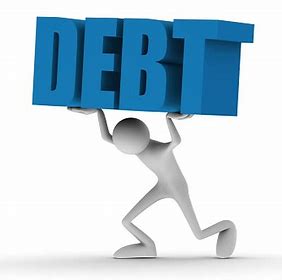- Home
- Questions and Answers
- Bookkeeping Q&A
- What is a Bad Debt?
Bad Debt Bookkeeping Question
Where do you record bad debt? What is the proper accounting treatment for uncollectible accounts?
Comments for Bad Debt Bookkeeping Question
|
||
|
||
|
||
Bad Debt
by Lisa
(SC USA)
Our business makes the following entry when a sponsorship is agreed upon. We debit Accounts Receivable and credit Deferred Revenue Sponsorships.
I have an account that is uncollectable. I have made an entry to debit Bad Debt and credit Accounts Receivable. I need a debit to clear the Deferred Revenue. What is the offsetting credit?
Comments for Bad Debt
|
||
|
||
What is a Bad Debt?
What exactly is a bad debt, or uncollectible account? And how do you do the bookkeeping for it?
Comments for What is a Bad Debt?
|
||
|
||
Please subscribe to my monthly newsletter, Bookkeeping Basics E-zine. It tells you every month about the new information that I have added, including some great tips and advice from myself and other Bookkeeping Basics readers.
Like Bookkeeping-Basics.net?
- Home
- Questions and Answers
- Bookkeeping Q&A
- What is a Bad Debt?















